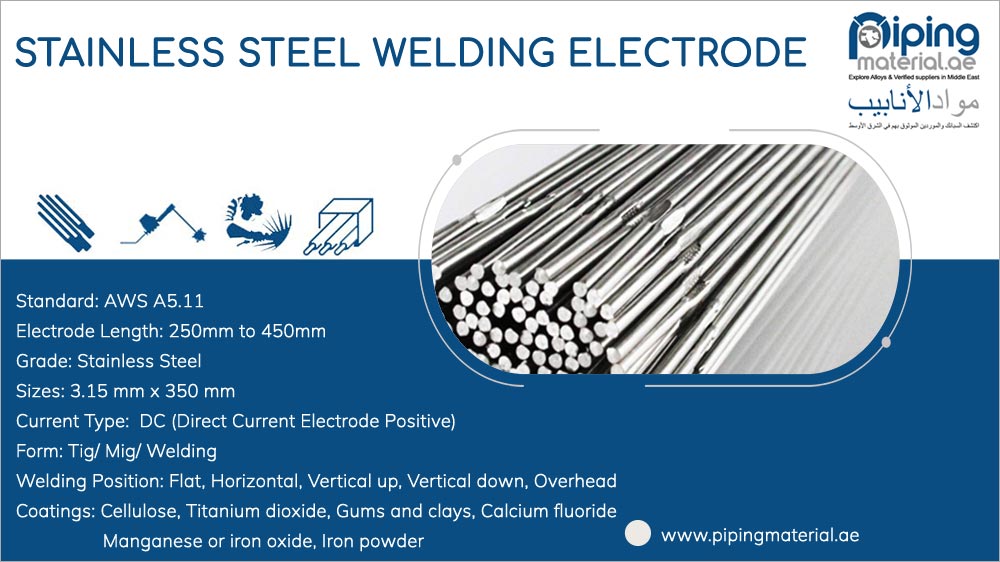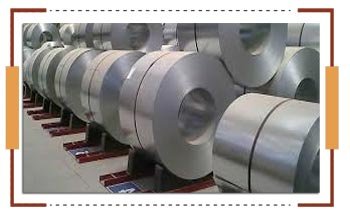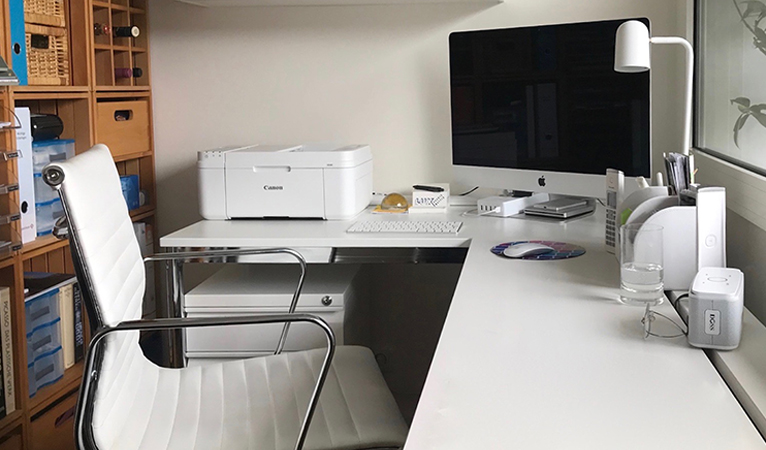Duplex Welding Electrode and Inconel Welding Electrode: An Overview

Welding electrodes play a crucial role in the welding industry, providing the necessary materials and techniques to join metal components effectively. Two widely used types of welding electrodes are duplex welding electrode and Inconel welding electrodes. In this article, we will delve into the characteristics, applications, and benefits of these electrodes, shedding light on their importance in various welding operations.
Duplex Welding Electrode:
Duplex welding electrodes are specifically designed for welding duplex stainless steels, which are known for their exceptional corrosion resistance and high strength. Duplex stainless steels consist of a mixed microstructure of austenite and ferrite, offering a unique combination of mechanical and corrosion properties. The welding process for these materials demands electrodes that can accommodate the dual-phase microstructure and provide excellent weldability.
One of the key considerations when using duplex welding electrodes is the selection of the appropriate filler metal composition. The composition of the electrode should match the base metal to ensure a compatible weld and maintain the desired properties. Typically, duplex welding electrodes contain a balanced composition of nickel, chromium, and molybdenum, which contribute to the overall strength and corrosion resistance of the weld.
Duplex welding electrodes find wide application in various industries, including oil and gas, chemical processing, marine, and desalination plants. These electrodes are suitable for joining duplex stainless steel pipes, tanks, valves, and other components that require resistance to corrosion, pitting, and stress cracking. The welds produced by duplex welding electrodes exhibit excellent toughness, ductility, and resistance to intergranular corrosion, making them highly reliable in harsh environments.
Inconel Welding Electrode:
Inconel welding electrodes are designed to weld Inconel alloys, a family of nickel-chromium-based superalloys known for their exceptional strength and corrosion resistance at high temperatures. Inconel alloys are commonly used in aerospace, marine, chemical, and nuclear industries, where the materials are exposed to extreme conditions such as high temperatures, pressure, and corrosive environments.
Inconel welding electrodes are formulated with a high nickel content, combined with chromium, iron, and other alloying elements, to match the composition of the base metal and ensure the desired mechanical and corrosion properties in the weld joint. The electrodes provide excellent arc stability, penetration, and weld bead appearance, enabling efficient and high-quality welding of Inconel alloys.
The applications of Inconel welding electrode are diverse, ranging from aerospace engine components, such as turbine blades and exhaust systems, to chemical processing equipment, heat exchangers, and high-temperature furnace parts. The welds produced by these electrodes exhibit high strength, resistance to oxidation, and thermal stability, making them suitable for critical applications that require exceptional performance under extreme conditions.
Benefits of Duplex and Inconel Welding Electrodes:
Both duplex and Inconel welding electrodes offer numerous benefits that make them preferred choices in their respective applications. Some of these benefits include:
1. Corrosion resistance:
Duplex welding electrodes provide excellent resistance to corrosion, pitting, and stress cracking, making them ideal for applications in aggressive environments. Inconel welding electrodes offer outstanding corrosion resistance, particularly in high-temperature and corrosive conditions, ensuring the longevity and reliability of welded components.
2. Mechanical properties:
Duplex welding electrodes create welds with a balanced microstructure of austenite and ferrite, resulting in a combination of high strength, toughness, and ductility. Inconel welding electrodes produce welds with exceptional mechanical properties, including high tensile strength, fatigue resistance, and creep resistance, crucial for components subjected to demanding conditions.
3. Weld quality:
Both types of electrodes provide excellent arc stability, penetration, and weld bead appearance, facilitating the production of high-quality welds. This ensures structural integrity and minimizes the risk of defects that could compromise the performance of welded components.
4. Wide application range:
Duplex welding electrodes and Inconel welding electrodes find applications in various industries, thanks to their unique properties. They are used in critical sectors such as oil and gas, chemical processing, aerospace, and marine, where the materials and welds are exposed to challenging environments and extreme conditions.
In conclusion, duplex welding electrodes and Inconel welding electrodes are essential tools in the welding industry, enabling the successful joining of duplex stainless steels and Inconel alloys, respectively. These electrodes provide the necessary materials and characteristics to create welds with exceptional corrosion resistance, mechanical properties, and overall weld quality. Their wide application range and benefits make them indispensable for various industries that require reliable and high-performance welded components.
TAGS : Duplex Welding Electrode
RECOMMENDED FOR YOU
What are the advantages of the best infant car seats?
July 20, 2024









